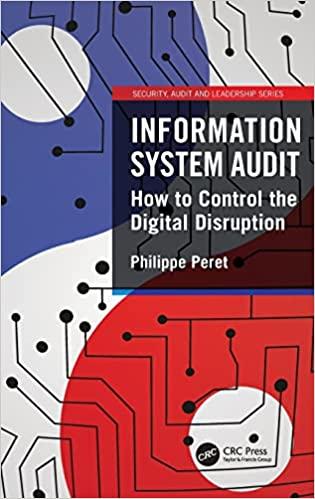DC 15-8 Revenues, General Journal Entries. LO1, 2,6 Town&Country Cable Inc. (TCC) ls a cable television provider serving customers in small towns and rural areas. Its shares are privately held, but it issued a 20-year bond eight years ago to the public. The bond contains restrictive covenants, which include requirements for TCC to maintain a current ratio of at least 2:1 at each fiscal year-end, and a ratio of operating cash flows to current liabilities of at least 1:0. If the covenants are violated, the bondholders have the right to demand repayment, raise the interest rate, and/or liquidate the company. In recent years, TCC has seen very little growth from new customer installations because most people are now choosing wireless service instead of cable. At the same time, TCC's existing installed customer base has been shrinking because many have switched to wireless for more content and lower cost. As.a.result.of these changes in its operating environment, TCC has been close to violating its restrictive covenants in the past two years. Petra is the senior on the current-year audit. While scrutinizing a 300-page printout of the general journal entries for the year for material entries and seeing nothing but small adjustments for payroll and purchasing discounts, Petra is about to sign off on the procedure. Then she notices 10 journal entries in a row in the middle of November that debit account #22000 (current accrued liabilities) and credit account #54400 (other operating income). The entries are all for different immaterial amounts, but all are to the same two accounts, and all have the same explanatory note: "To adjust accrued liabilities as per Instructions memo of Nov. 2." On further investigation, Petra finds 40 more entries to these accounts with the same explanation. The entries are all for different, immaterial amounts but add up to a large, material amount. The accountant who made these general journal entries is no longer employed by TCC, and no one else in the accounting department knows anything about the "memo of November 2. Required What is professional skepticism in auditing? Do the circumstances in this scenario make you skeptical? Provide and evaluate three possible explanations for the auditor's findings in the TCC audit. Explain how the auditor could determine whether these entries result in a material misstatement of TCC's financial statements. b. E. If these entries do result in financial statements that are materially misstated, what other O procedures in the audit may also have revealed these entries







